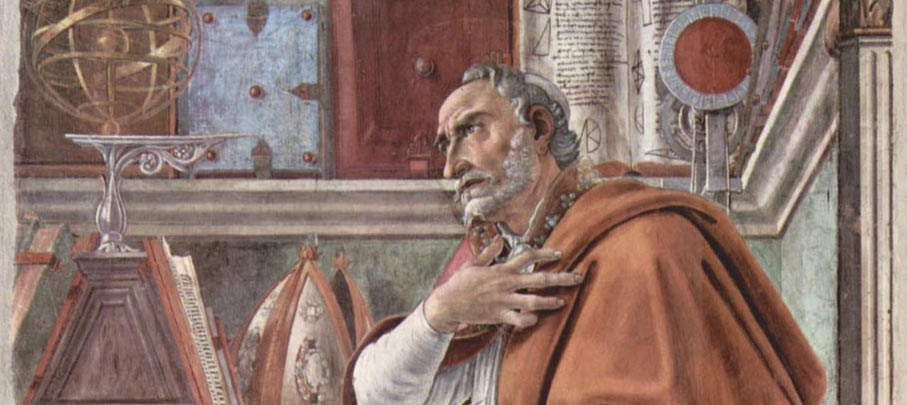The debate about the common good currently roiling American conservatism is not a new one. In the 1960s it vexed National Review contributors, with William F. Buckley dismissing Pope John XXIII’s encyclical on social progress “Mater et Magistra,” with a laughing “mater si, magistra no,” rebuttal. The church provided spiritual instruction, certainly, but when she tried to stray into magisterial questions in hopes of imposing a Christian conception of civil health, Buckley said “nein.”
Login to read more
Sign in or create a free account to access Subscriber-only content.
Topics:
